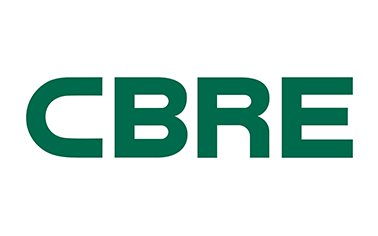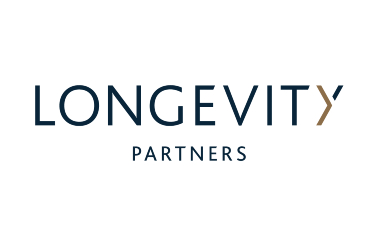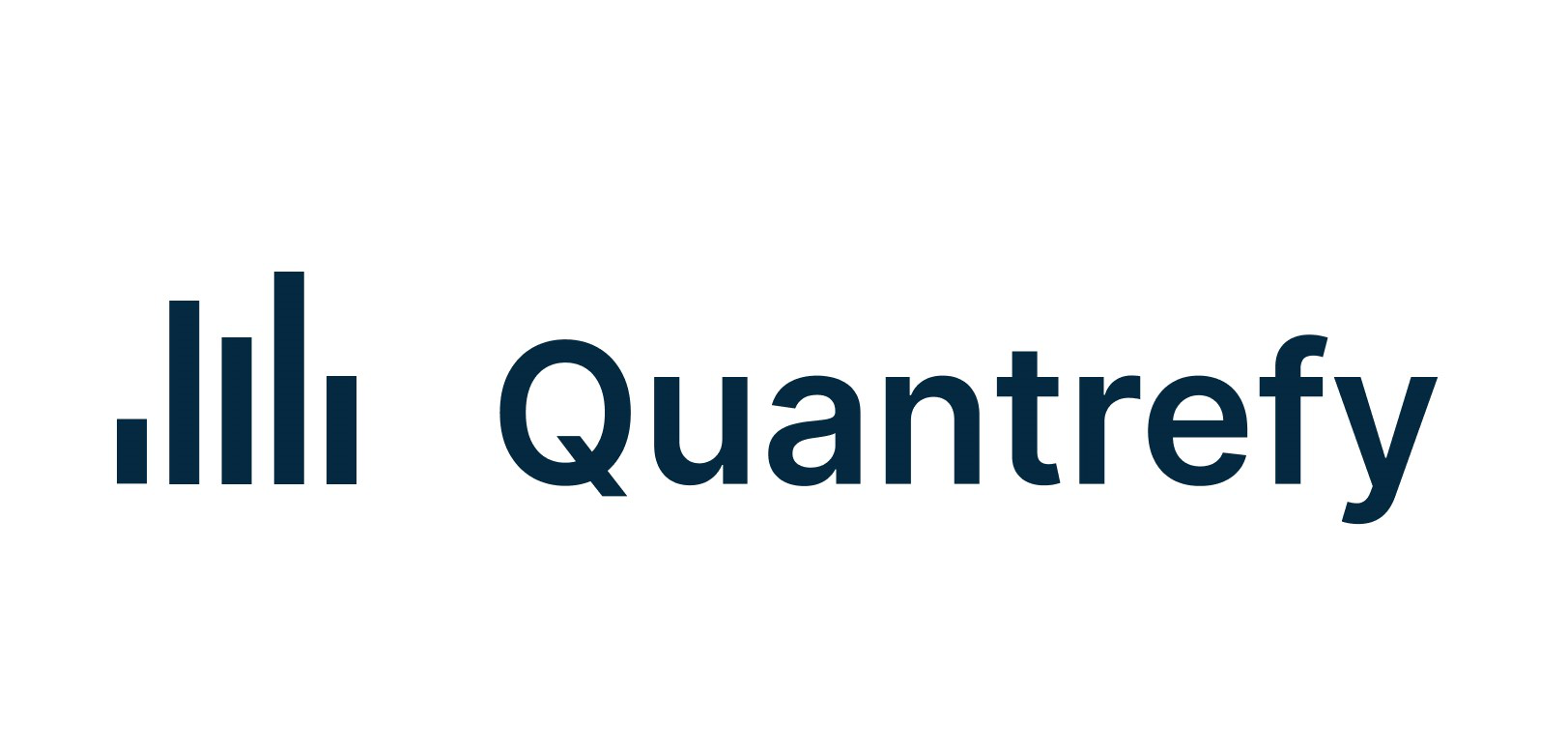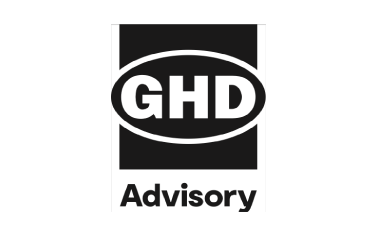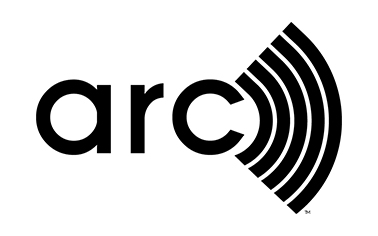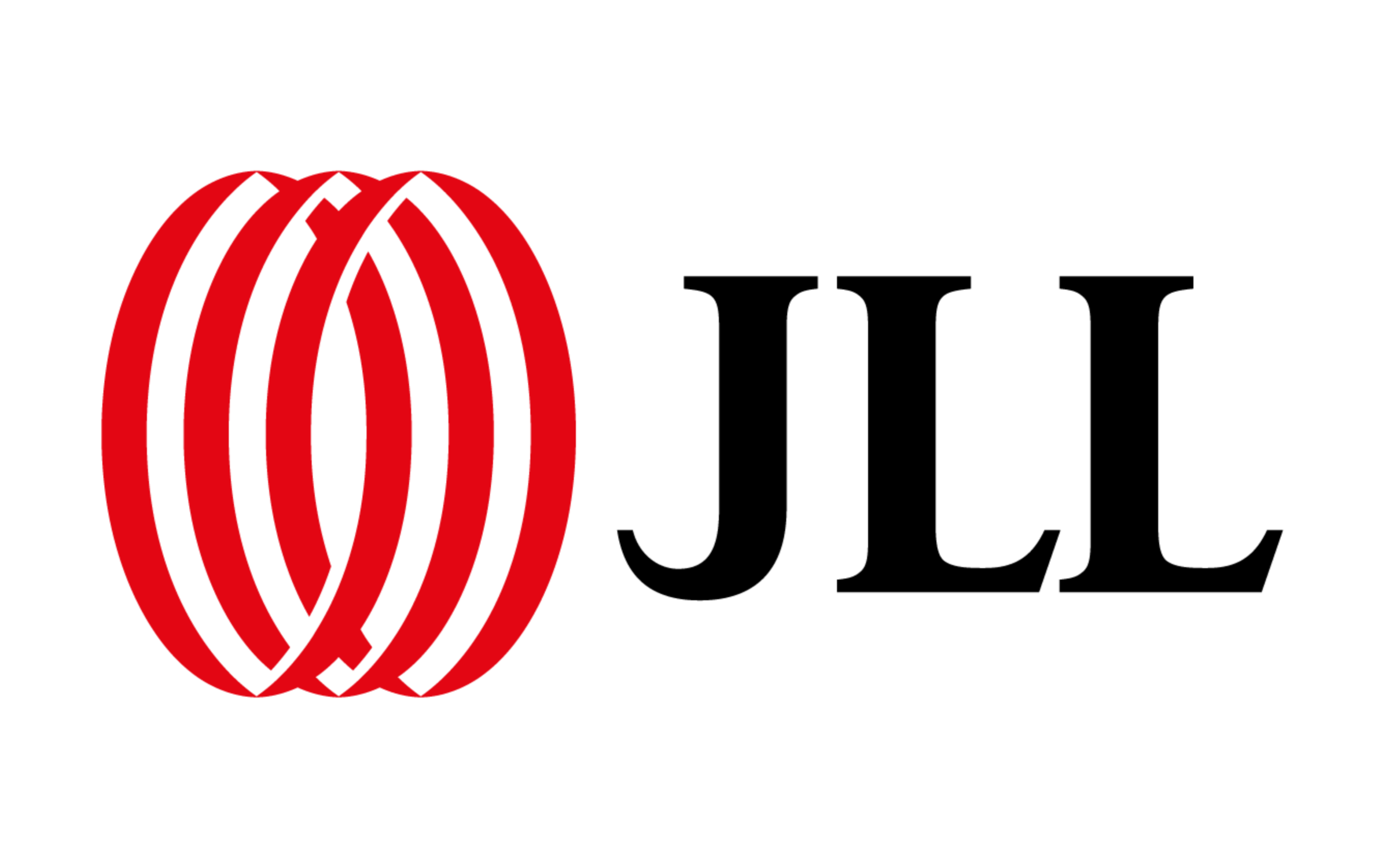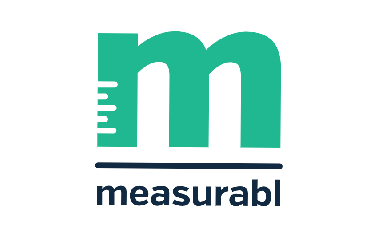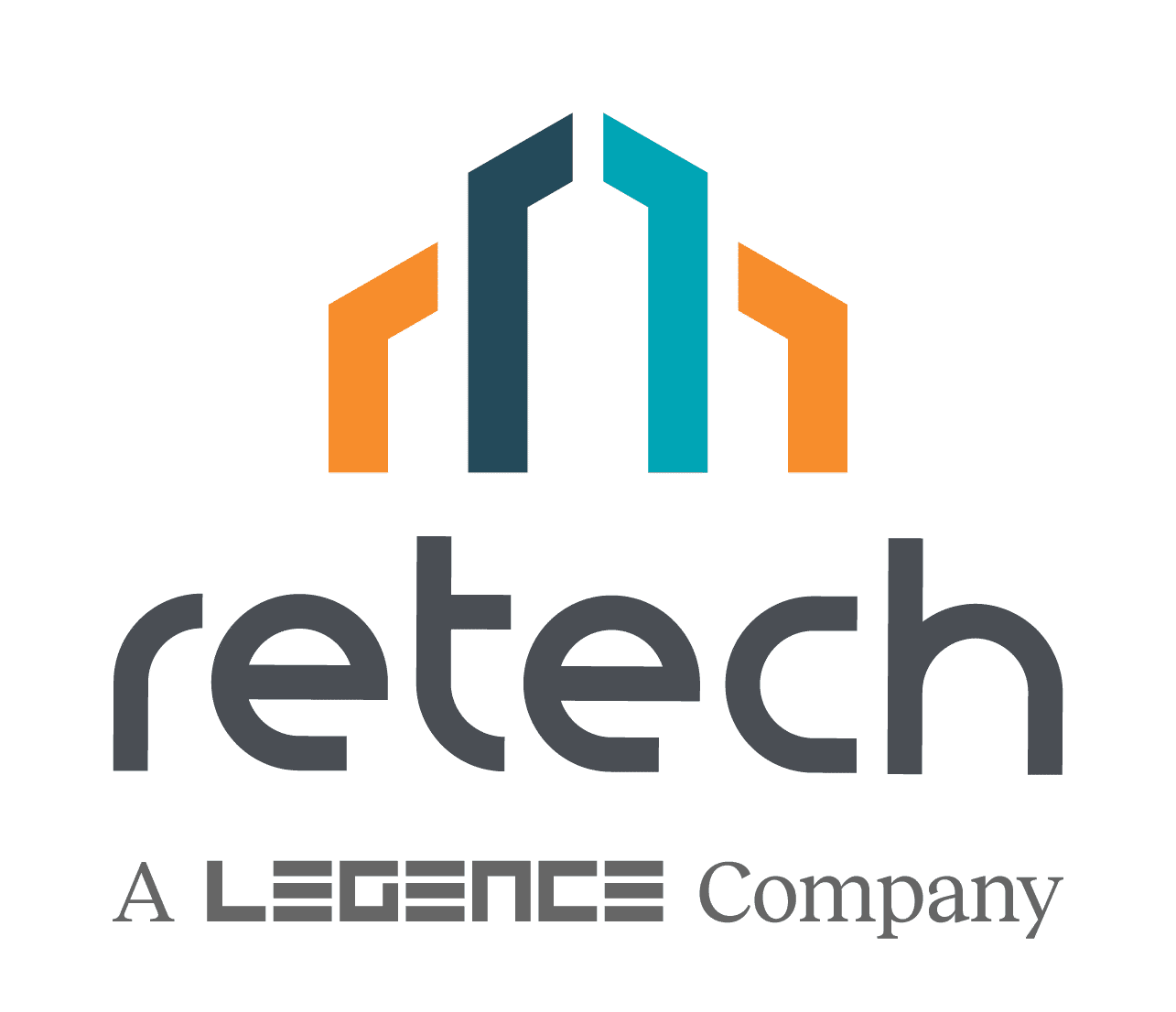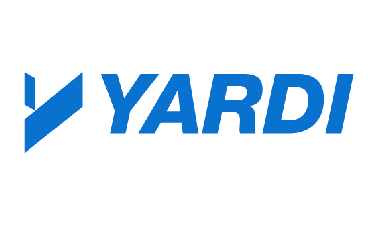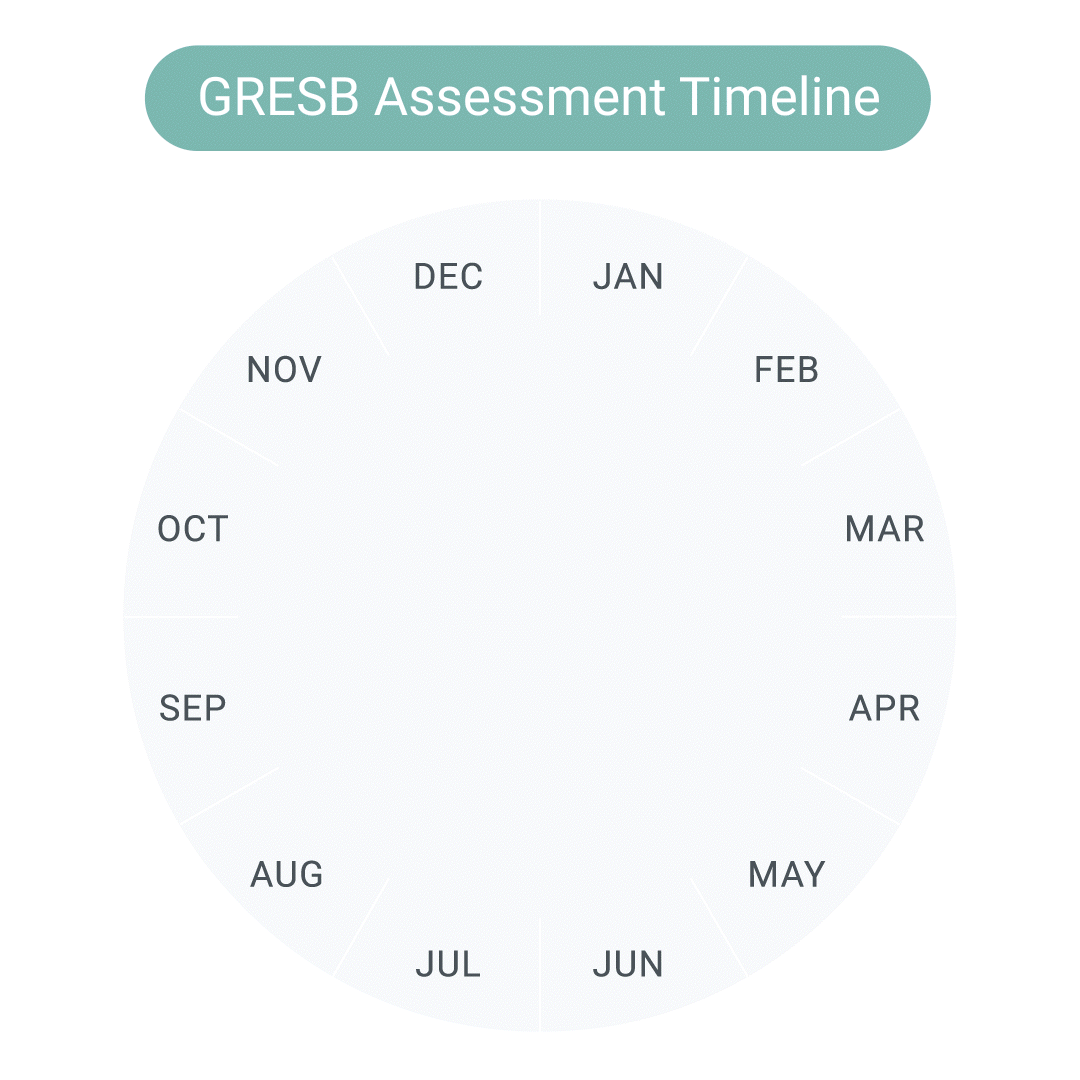Is GRESB for you?
Regardless of region, sector, size, or strategy, all real asset managers have a place in the GRESB Assessments. The GRESB methodology allows for a fair, apples-to-apples comparison of participant performance across sectors, regions, and property types and sub-types based on curated peer groupings.
The real assets industry stands to play a crucial role in creating a sustainable world and all managers, developers, and asset owners and operators are increasingly expected to actively look at and report on their responsible business practices. With many jurisdictions across the world introducing new mandatory sustainability-related rules and reporting requirements, sustainability is no longer optional.
View our 2024 GRESB participants to see the breadth of coverage and entities participating in GRESB.

When should I get started?
Getting started with GRESB as early as possible is essential to benefit from year-over-year improvements, show investors your commitment to sustainability, and to actively contribute to the real assets industry’s collective efforts to become more sustainable.
Some managers who are exploring GRESB may consider postponing their participation until they have complete data coverage and “perfect” responses to each question in the assessments. However, this approach can create a chain of delays, pushing participation and the opportunity to learn from the assessment, often causing firms to miss out on timely insights into their performance that would, otherwise, enable significant year-over-year improvements. Delaying participation will also put off recognition of a firm’s sustainability efforts as these won’t be captured in the GRESB benchmark, which represents an important tool for investors as part of their investment decision-making.
For example, when we look at the improvement curve over time of new participants in the real estate benchmark, which you can see below, we see that the average starting score has stayed more or less consistent since 2018 but then jumps in the second year.
Watch our “GRESB Inside ESG: Top 3 Reasons to Join GRESB in 2025” webinar on-demand to hear about what you can expect in your first year of reporting and the benefits of getting started on your sustainability journey now.
There is a long-arc to performance data. […] Each day that goes by puts the recognition of your efforts further in the future.”
Thomas Stanchak
Director of Sustainability, Stoneweg US
